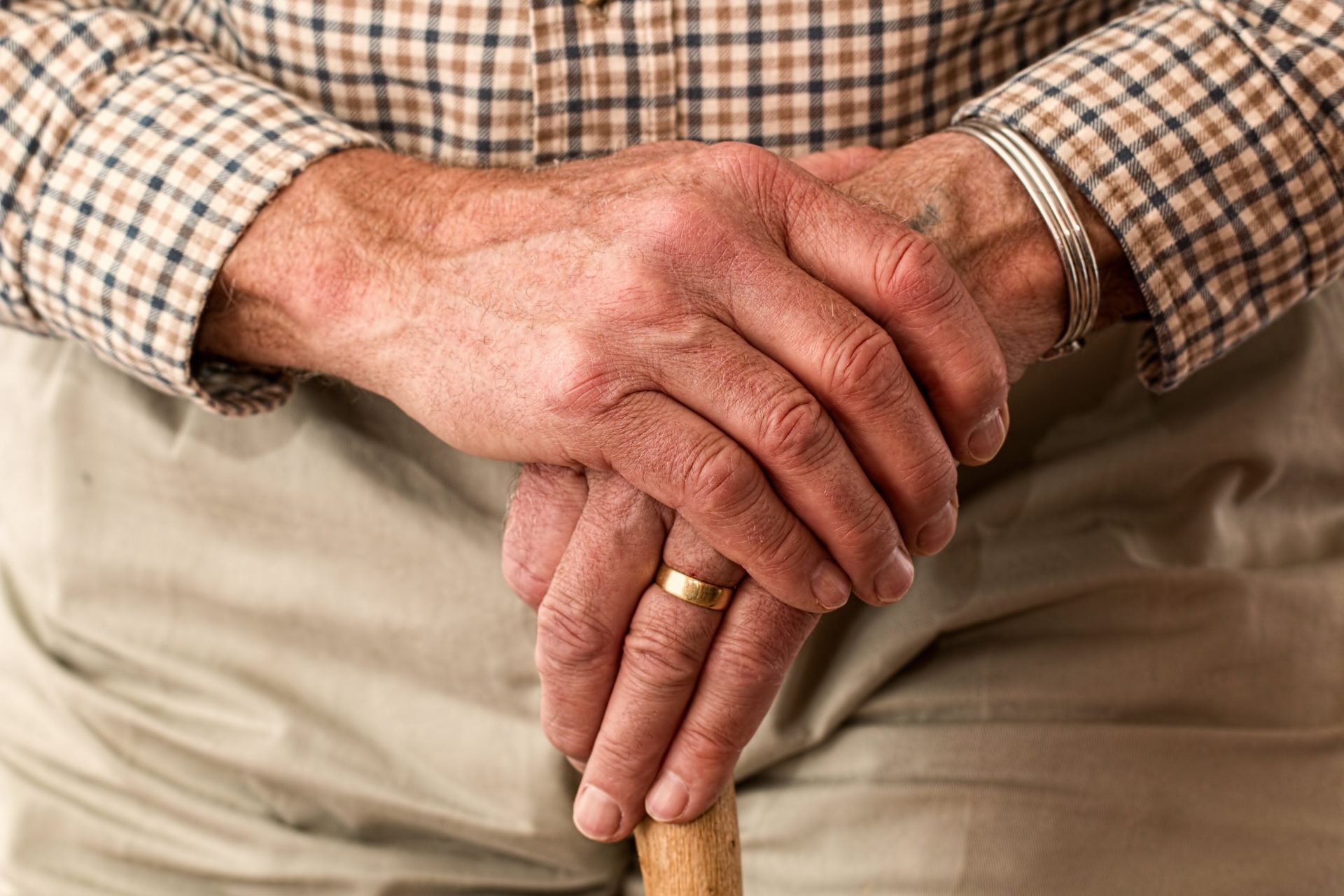there is great anticipation for the legislative decree which will give substance to the enabling law to reform interventions in favor of non-self-sufficient elderly people. The text approved today in the Council of Ministers and which will be passed to the Chambers must be read carefully. For now we limit ourselves to commenting on the news of these hours, obtained from the statements of Giorgia Meloni, the Government at the press conference and from other sources. Unfortunately, we can already conclude that this is a first timid start, certainly not a structural reform. Below I report some elements that lead to such a conclusion.
First, the additional funding foreseen (over one billion euros for the first two years, i.e. just over half a billion per year) is extremely insufficient, useful only for a limited experimentation. Suffice it to say that today the real public spending in Italy for… long term care in favor of non-self-sufficient elderly people amounted to approximately 24.4 billion euros in 2022 (source: Welforum, elaborated by Franco Pesaresi). In particular, for non-self-sufficient over-65s, this amounts to 9 billion per year in healthcare spending, 10.7 billion per year for the accompanying allowance and 4.7 billion per year for social welfare benefits. From these data it is clear that adding half a billion every year does not change the value of the overall endowment, indeed it does not even allow the planned inflation to be covered. In fact, we are talking about an increase of 2% for 2025 and 2026 alone: crumbs. If we then take into account that these should be non-structural resources, we note that they are also uncertain. Perhaps it is useful, in this regard, to make a comparison with a major reform that saw the light of day in the last legislature, that is, the one that introduced the single allowance for children. Well, the additional allocation in that case was 6 billion, suddenly going from 12 to 18 billion. 50% more, not 2%.
This is therefore an experiment, which will start in a year and which will involve a small audience of lucky people. I understand that in this way it will be possible to say that the beneficiaries will have everything, but in fact they will be few. Enough, however, to fuel a bit of propaganda and prefigure the progressive fate.
The idea of a national system for non-self-sufficient elderly people (Snaa), to which the enabling law had assigned a role of governance even healthcare, comes out scaled down. It was in fact a plan as ambitious as it was unrealistic, since it was foreseeable that the ministerial apparatus – especially those of health – would not willingly leave their competences to a third body (almost a new ministry). The same complicated breakdown would be valid for the regional departments. And in fact it won’t happen. It will therefore be up to a new inter-ministerial committee to guarantee the coordination of the measures: a choice that can be shared as much as it is ordinary, the possible effectiveness of which we will be able to calmly verify over the years.
The decree does not address – as the last Government did not want to do so within the enabling law, despite the insistence of many including mine – the real unresolved issue: the right of the chronically ill non-self-sufficient elderly person to be cared for at home, having it recognized also a healthcare quota from the local health authorities, to respond to the needs of daily life. Just as today already happens in the case of hospitalization in Rsa. But, on the other hand, there are too many interests surrounding these structures to think that they can be even slightly undermined. In all likelihood, home care will therefore continue – even following this (fake) reform – to remain penalized.
Stefano Lepri, third sector expert, was a deputy of the Democratic Party between 2013 and 2022
